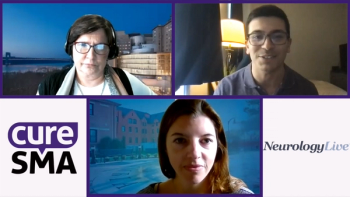
Videos

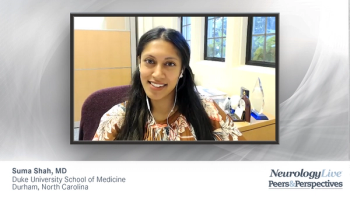
What to know about using S1P receptor modulators as oral therapy for relapsing-remitting multiple sclerosis.
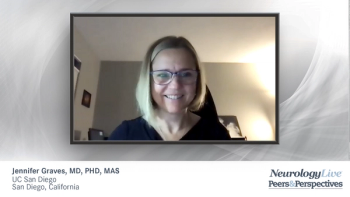
Experts discuss types of oral fumarates that are available to treat relapsing-remitting multiple sclerosis, and best practices for selecting an option based on trial data and clinical experience.

The clinical psychologist at Cleveland Clinic discussed the potential of using cognitive behavioral therapy for treatment of psychogenic non-epileptic seizures on cognitive behavioral therapy. [WATCH TIME: 3 minutes]
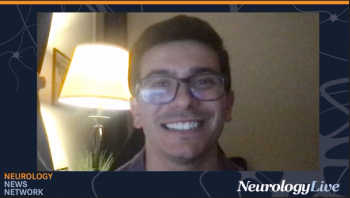
Neurology News Network for the week ending December 4, 2021. [WATCH TIME: 4 minutes]
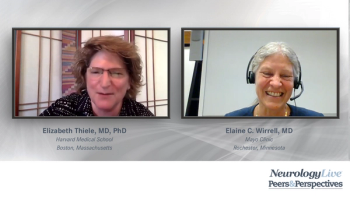
Two experts explain the impact of the drug fenfluramine’s FDA approval in the treatment of Dravet syndrome.

Drs Thiele and Wirrell continue analyzing the benefits of cannabidiol as a therapeutic option for patients with Dravet or Lennox-Gastaut syndromes.

A key opinion leader illustrates how recently approved rimegepant for preventive episodic migraine treatment could change the treatment landscape.

David Kudrow, MD, reviews the available FDA-approved injectable CGRP antagonists for preventive migraine treatment.
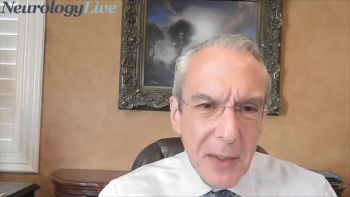
The director of the Chambers-Grundy Center for Transformative Neuroscience at the University of Nevada–Las Vegas discussed the positive trends within the Alzheimer drug development space. [WATCH TIME: 2 minutes]
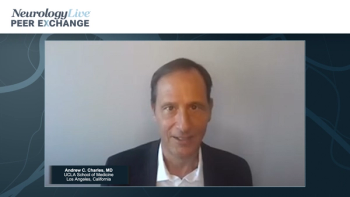
Dr Andrew Charles shares how he eases patient anxieties over lifestyle changes for preventive migraine therapy.
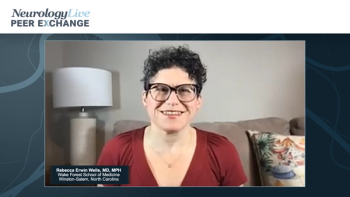
Rebecca Erwin Wells, MD, MPH, details the effectiveness of lifestyle changes for preventative migraine treatment.
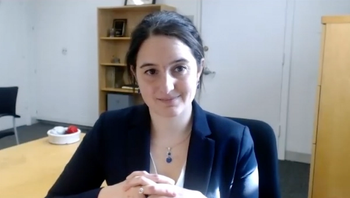
The staff neurologist at the Mellen Center for Multiple Sclerosis Treatment and Research at Cleveland Clinic outlined the positive feedback from patients when discussing telehealth. [WATCH TIME: 4 minutes]

The director of the Chambers-Grundy Center for Transformative Neuroscience at the University of Nevada–Las Vegas discussed new data that highlights wasted expenditures from Alzheimer trials and the importance of understanding their impacts. [WATCH TIME: 3 minutes]

The staff neurologist at the Mellen Center for Multiple Sclerosis Treatment and Research at Cleveland Clinic discussed the necessary data to support telemedicine’s integration into clinical care. [WATCH TIME: 4 minutes]
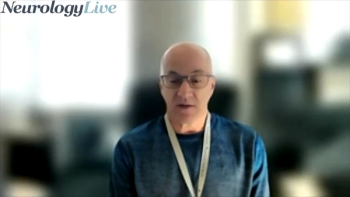
The professor of neurology at the University of Colorado provided insight on the data that reinforced the relationship between B-cell depletion and improved outcomes using inebilizumab (Uplizna; Horizon Therapeutics). [WATCH TIME: 2 minutes]

Considerations that affect recommendations for novel oral treatment for relapsing-remitting multiple sclerosis vs a more conventional option.
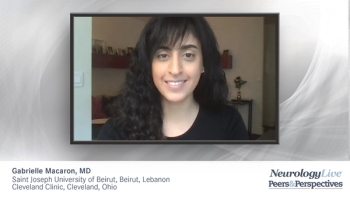
Best practices for talking about treatment goals and options with patients who have relapsing-remitting multiple sclerosis.
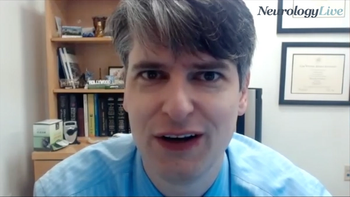
The staff neurologist in the Neurological Institute’s Mellen Center for Multiple Sclerosis Treatment and Research at Cleveland Clinic outlined the process of choosing a therapy for patients with multiple sclerosis. [WATCH TIME: 4 minutes]

The director of the Mellen Center for MS Treatment and Research at Cleveland Clinic discussed the possibility of using multiple DMTs to combat the effects of MS. [WATCH TIME: 3 minutes]
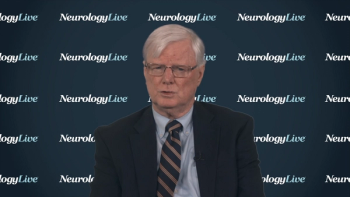
The director of the Sleep-Wake Disorders Center at Montefiore Medical Center provided thoughts on the need to improve awareness of sleep disorders and identifying those who may be eligible for treatment, including pediatric patients. [WATCH TIME: 2 minutes]
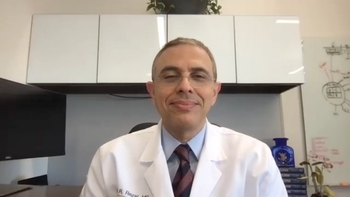
The executive chair at the Rockefeller Neuroscience Institute at West Virginia University shed light on early data from a small sample of patients with early Alzheimer disease who underwent focused ultrasound treatment. [WATCH TIME: 5 minutes]
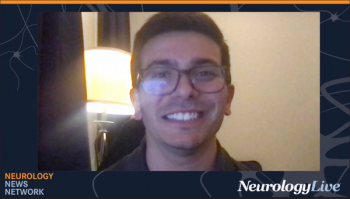
Neurology News Network for the week ending November 27, 2021.

Closing out his discussion on narcolepsy management, Chris Winter, MD, highlights current unmet needs and shares practical advice for community physicians.
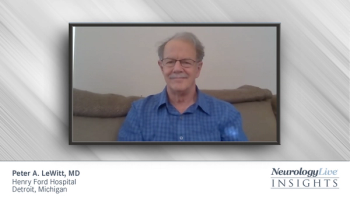
Closing out his review of on-demand therapies for morning OFF episodes in Parkinson disease, Peter A. LeWitt, MD, shares practical advice for community neurologists.

Peter A. LeWitt, MD, discusses the use of sublingual apomorphine hydrochloride compared with its subcutaneous formulation in Parkinson disease.

Comprehensive insight on the factors that should inform which therapeutic approach, including novel agents such as solriamfetol, should be used to manage narcolepsy.
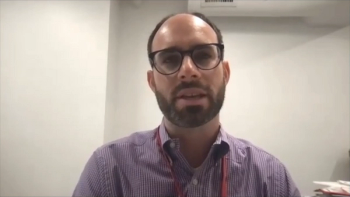
The assistant professor of neurology at Weill Cornell Medicine discussed his future aspirations to uncover more about the beneficial effects of anticoagulants in reducing recurrent stroke. [WATCH TIME: 3 minutes]
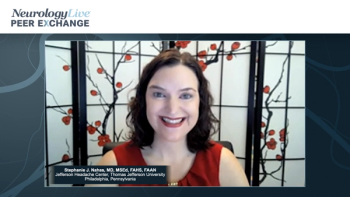
A discussion on how to measure the success of preventative migraine treatment.

Key opinion leaders explain the burden of disease that accompanies preventative migraine treatment.
